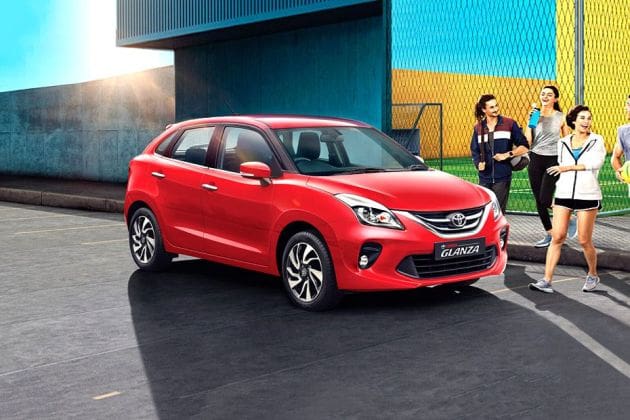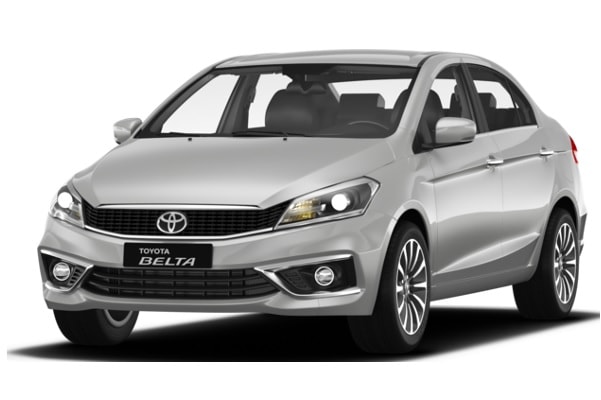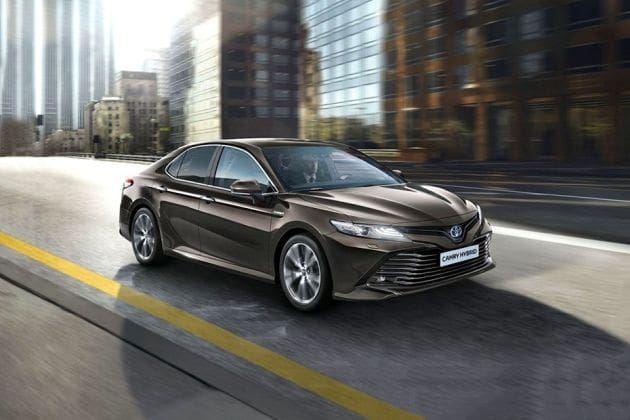Toyota, Stellantis ranked worst major automakers for their emission efforts
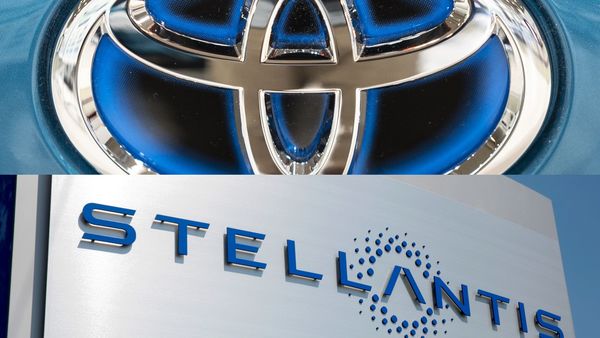

The world's top-selling automaker Toyota and the world's fourth-largest automaker Stellantis have jointly come last in a ranking by campaign group - Greenpeace - for carbon emission efforts by auto firms. The list has been published in the ongoing COP26 climate summit where leaders from 200 countries have gathered to discuss climate change.
The campaign group gave both the firms ‘F minus minus’ grades for their decarbonisation efforts including phasing out of combustion engines in favour of electric vehicles. The ranking report compared ten major automakers and examined them on parameters such as reducing carbon emissions in the supply chain, and reusing or developing greener technology for car batteries.
Also check these Vehicles
Also Read : Tesla could get revenue boost by helping Jaguar Land Rover with emissions pact
The least condemning grade was given to General Motors, which received a C- grade, followed by a D for Volkswagen and D- for Renault. All other first on the list - Ford, Honda and Hyundai-Kia - were given F plus or minus grades. Greenpeace noted that none of the ten listed auto firms had announced plans to phase out combustion engines before 2035, due to which the 1.5-degree goal of Paris Climate Agreement would be "almost impossible".
Elaborating on how Toyota has been one of the most stubborn automakers to hold on to combustion engines, Greenpeace East Asia's senior project manager for the auto industry campaign, Ada Kong, said, “Toyota, the world's number-one car seller last year, is the most stubborn in holding onto internal combustion engines." He noted that the Japanese company has also been “most vocal in such advocacy, domestically and abroad".
Also Read : Fossil fuel akin to tobacco? European activists ask for ban on oil, gas adverts
Kong added that Toyota is confident that hybrid technology is an effective alternative to the internal combustion engine. "However, the real-world emissions reduction and fuel economy of hybrid vehicles are not as good as expected," he said. Plug-in hybrid vehicles only reduce emissions by an estimated one-third as compared to petrol or diesel cars.
However, Toyota had said in September that it would invest 1.5 trillion yen ($13.2 billion) in batteries for electric and hybrid cars by 2030.
(with inputs from AFP)







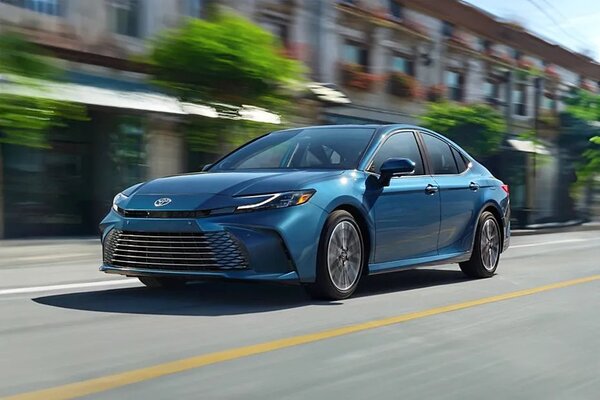
 2487 cc
2487 cc Petrol
Petrol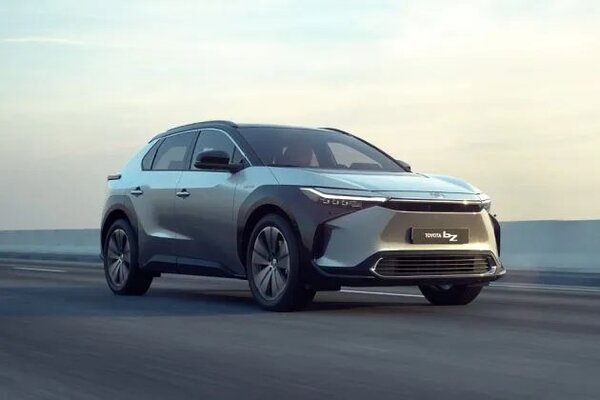
 72.8 kWh
72.8 kWh 405 Km
405 Km